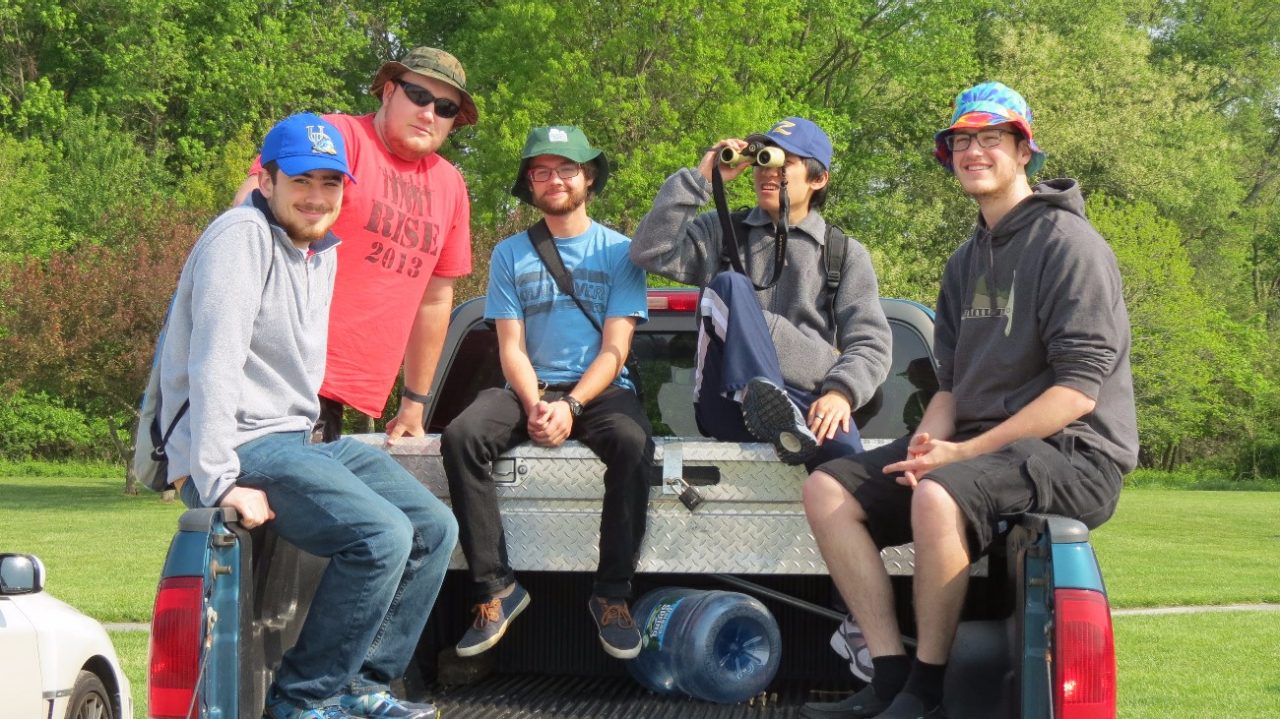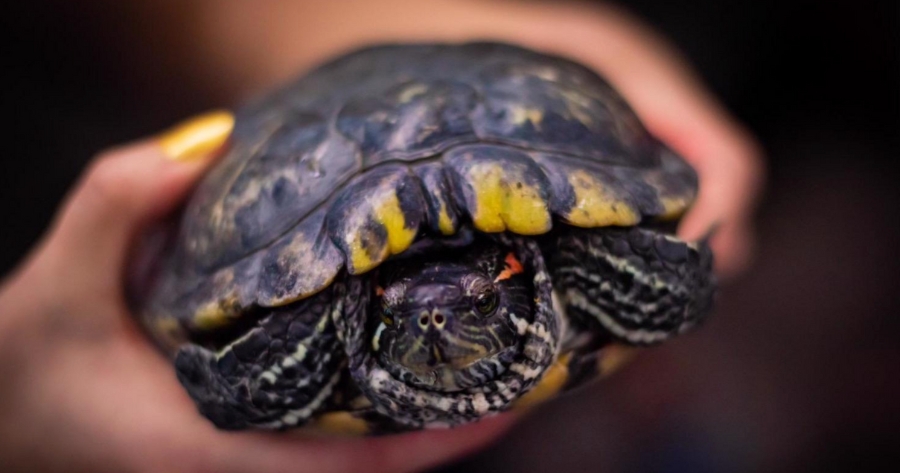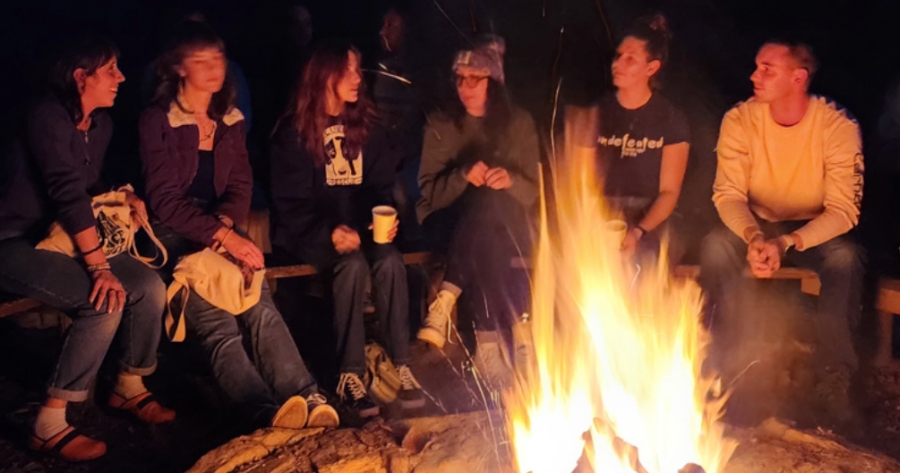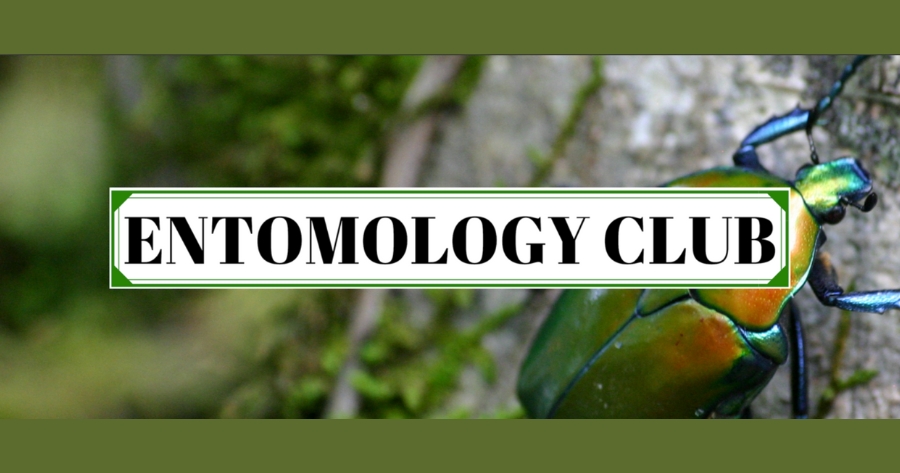
Wildlife Ecology and Conservation Major
UD wildlife ecology and conservation students experience hands-on learning outside: youtube.com/watch?v=5IGogr1c2MY
Why major in wildlife ecology and conservation?
Are you passionate about the environment? Do you want to save wildlife? The wildlife ecology and conservation major provides you with the necessary training for a career in wildlife conservation.
Understanding the complex relationship between animal species and their ecosystems is the first step to sustaining healthy wildlife populations and conserving Earth’s biodiversity. Our program includes a unique blend of lectures, labs, and field trips. Building on a solid foundation in the biological sciences, students specialize in all aspects of wildlife ecology, conservation, physiology, taxonomy, policy, quantitative ecology, and the human dimensions of wildlife. We have a hands-on curriculum where students learn by doing in both field-based and laboratory classes. Whether you are an avid outdoors person or have only seen wildlife on TV or in zoos, the wildlife ecology and conservation major is for you.
What makes our program unique?
The University of Delaware is unique because our students meet the educational requirements to be certified as wildlife biologists by The Wildlife Society at graduation and the federal requirements for a wildlife biologist position. We are the only department in the country that combines insects and wildlife, preparing our students with a diverse set of career-building skills. Our graduation requirements reflect current hiring trends in wildlife conservation and include quantitative instruction in Geographic Information Systems (GIS) to analyze and display geographically referenced information and R, a data analysis software.
Our program has dedicated faculty who work closely with our students through undergraduate research, study abroad trips, in-class field trips, and local research opportunities. The College of Agriculture and Natural Resources' 350-acre campus includes Roland Roth Ecology Woods, freshwater wetlands, riparian forests, and agricultural habitats, providing opportunities for research and teaching right out the door!
Over the summer, many of our students intern in faculty labs. These paid internships offer a range of exciting, hands-on field experiences like using camera traps to monitor how bobcats utilize roadways, surveying marsh birds at national parks, or tracking white-tailed and sika deer movement patterns. Many students continue these research projects as part of their senior theses.
Career paths
Our students graduate prepared to enter the workforce as wildlife technicians, park rangers, environmental educators, or environmental policymakers. Ninety-four percent of our wildlife ecology and conservation graduates are gainfully employed or pursuing advanced degrees in wildlife science. Students who wish to strengthen their skills are well-positioned to pursue graduate education in wildlife conservation, ecology, or conservation biology.
This sample shows just one possible pathway to earning a bachelor of science degree in Wildlife Ecology and Conservation in four years. This plan does not replace the advice of your advisor.
Course highlights
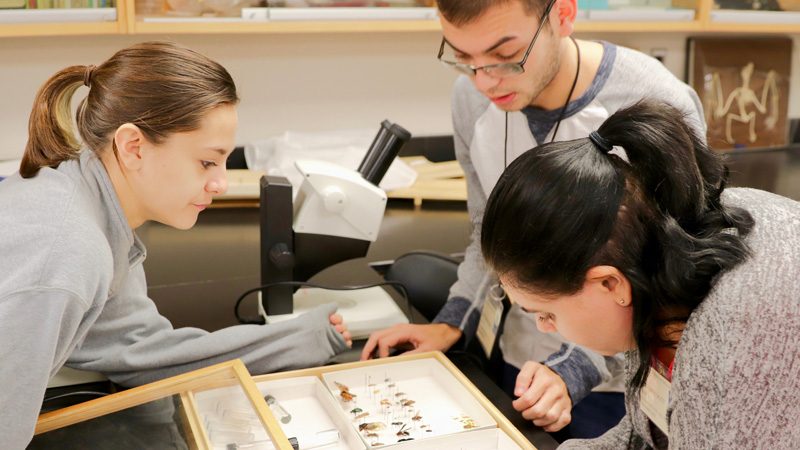
APPLY NOW
Associate Director, CANR Undergraduate Recruitment
In their first term, wildlife ecology and conservation students learn basic field skills and exposure to the careers, opportunities, and expectations for an ecologist.
This course offers an overview of the variety of careers, opportunities, and expectations of an ecologist. In this first-semester course, rotating faculty will introduce students to fieldwork like camera traps, sweep netting for insects, and using mist nets to capture and release birds.
Study the natural history of birds and identify taxa by sight and sound. Learn avian biology: diversity, evolution, form and function, behavior and communication, reproduction and development, and conservation. The class consists of lectures, labs and frequent field trips.
Learn the biology and ecology of reptiles and amphibians. Study their evolution, feeding behavior, life history, reproduction, physiology, population structure and dynamics, and conservation. Students will have frequent opportunities for hands-on experience with live specimens and several field trips.
Study the evolution, feeding, homeostasis, communication and reproduction of mammals. Learn to identify mammal species from their physical and skull characteristics. Students will work with the college’s skull and skin collection.

